Graduate student Vasily Stolyarov was awarded a diploma for the best oral presentation at the XII International Youth Scientific Conference 'Physics. Technologies. Innovations' (PTI-2025), held in Yekaterinburg .from May 19 to 23, 2025
23.05.2025Young scientist Valentina M. Litvyak was awarded a diploma for the best report among young scientists at the XXV Ural International Winter School on Semiconductor Physics, held in Yekaterinburg on February 12 - 17, 2024.
17.02.2024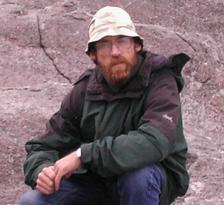
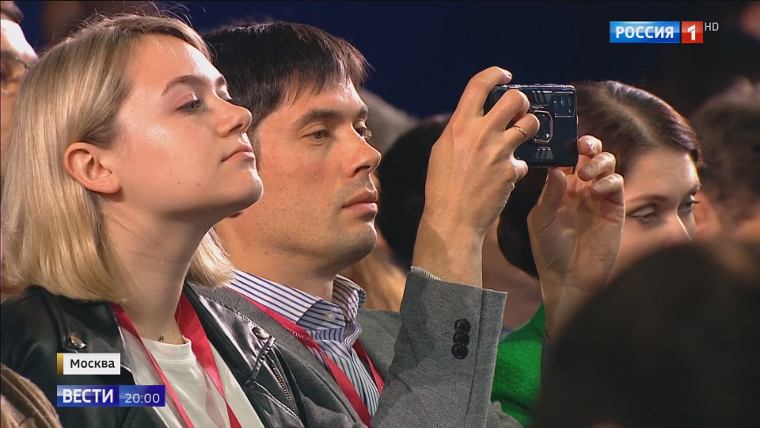
One of the leading members of the research team, Associate Professor of the Department of Solid State Physics at St. Petersburg State University, Roman Viktorovich Cherbunin, participated in the event “Forum of Future Technologies. Computing and Communications. Quantum World.”
13-14.07.2023Vesti broadcast 07/13/2023 (approximate fragment time 54:50 -- 01:06:00)
Irina Anatolyevna Yugova and Maria Sergeevna Kuznetsova from the Laboratory, together with colleagues from Germany and Russia, published an article in Nature Communications.
08.02.2023The work is devoted to spin properties in perovskite nanocrystals in a glass matrix.
Valery S. Zapassky , a leading researcher of our laboratory, was awarded the State Prize in the field of science and technology for the creation and development of a new branch of physics - spin noise spectroscopy (together with Evgeniy. B. Aleksandrov, an academician of the Russian Academy of Sciences).
Now this area is being rapidly developed not only by our employees, but also by the international scientific community. Spin noise spectroscopy is a new method of physical research that makes it possible to observe the movement of elementary magnets in a medium (atoms, electrons, atomic nuclei, etc.). An important feature of this method is that it does not imply observation of the response of the medium to an external influence, as is usually the case: in order to determine the elasticity of the medium, one must try to deform it, and in order to find out the tone of the sound of the string, its vibrations must be excited. In this analogy, spin noise spectroscopy implies the ability to hear the sound of a string at rest.Valery S. Zapasskii is one of the potential supervisors of undergraduates and postgraduate students. You can see the proposed work topics on our website (https://solab.spbu.ru/ru/)!
On site kremlin.ru: http://kremlin.ru/events/president/news/65771
And also in the news on the first channel (only the list of laureates): https://www.1tv.ru/news/2021-06-09/407879-razrabotchiki_vaktsiny_sputnik_v_v_chisle_laureatov_gosudarstvennoy_premii_rossii_za_2020_god
Another step towards a quantum computer: physicists have shown for the first time the condensation of "liquid light" in a semiconductor only one atom thick (spbu.ru)
The article in question [DOI:10.1038/s41563-021-01000-8].6.05.2021
(Picture from spbu.ru)

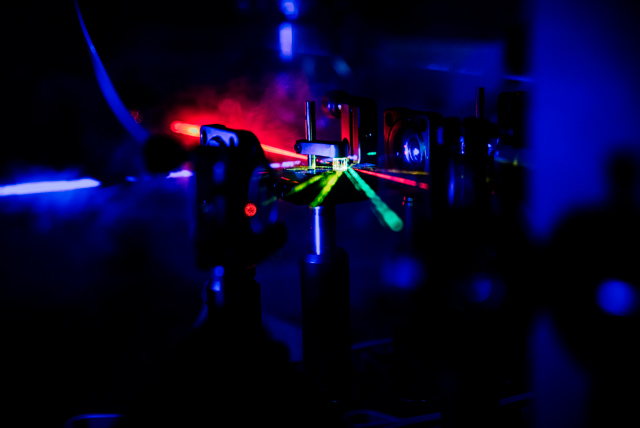
In 2020, the Spin Optics Laboratory, as part of several laboratories, became the winner of the Russian-German competition: "Russia and Germany: Scientific and Educational Bridges" with the TRR160 project: Coherent control of interacting spin excitations in semiconductor heterostructures
About the project (russia-germany-cooperation.ru)
About the project ICRC TRR160 (trr160.tu-dortmund.de)
15.09.2020
 Photo sobaka.ru
Photo sobaka.ru (Photo: SPbSU Press Service)
(Photo: SPbSU Press Service)Professor Alexei Kavokin, head of the Spin Optics Laboratory at St. Petersburg State University, became the first Russian scientist in history to be awarded the ISCS 2020 Quantum Devices Award. (spbu.ru)
This award recognizes innovative contributions to sophisticated semiconductor and quantum nanostructure devices. The prize was awarded to A.V. Kavokin for predicting Bose-Einstein condensation of excitons and exciton polaritons at room temperature, which made it possible to create polariton lasers.Physicist from St Petersburg University becomes the first Russian scientist to receive the ISCS 2020 Quantum Devices Award (spbu.ru)
18.05.2020
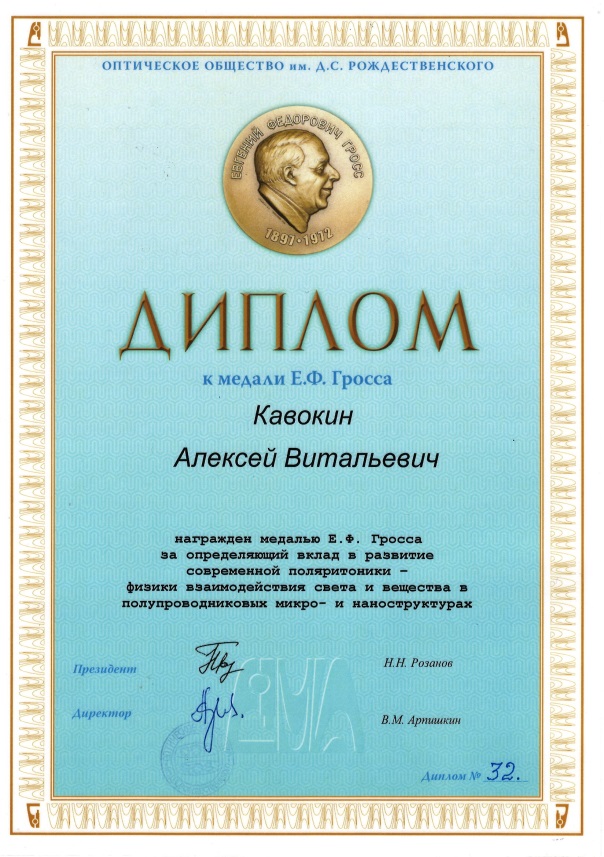
Head of the Laboratory Alexey V. Kavokin was awarded the Evgeny F. Gross medal for his defining contribution to the development of modern polaritonics-physics of the interaction of light and matter in semiconductor micro- and nanostructures.
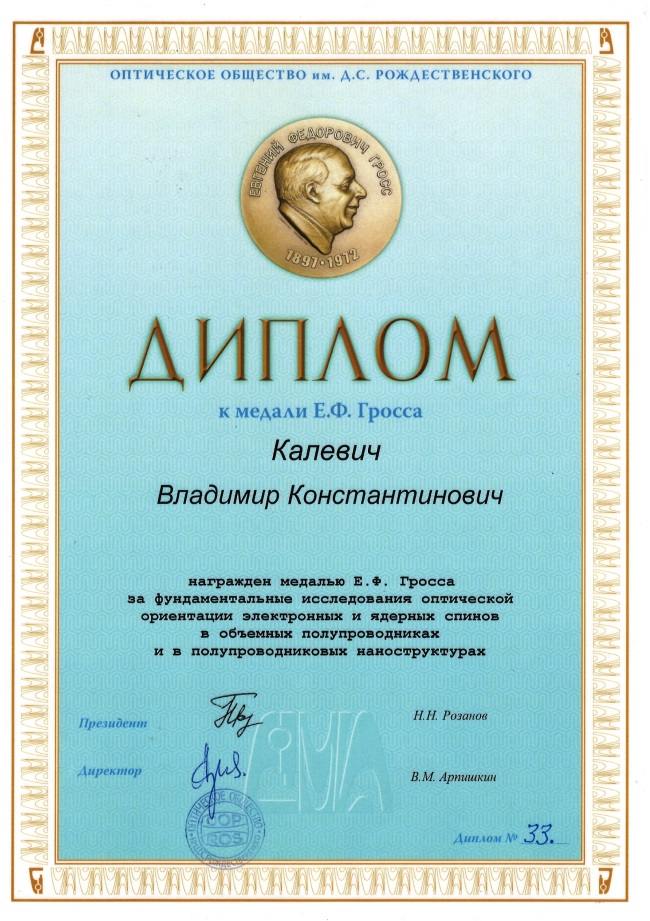

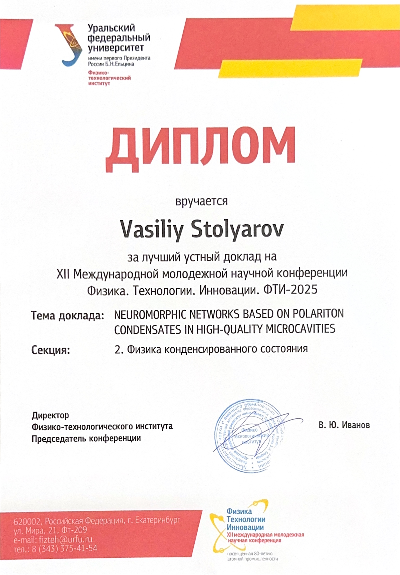
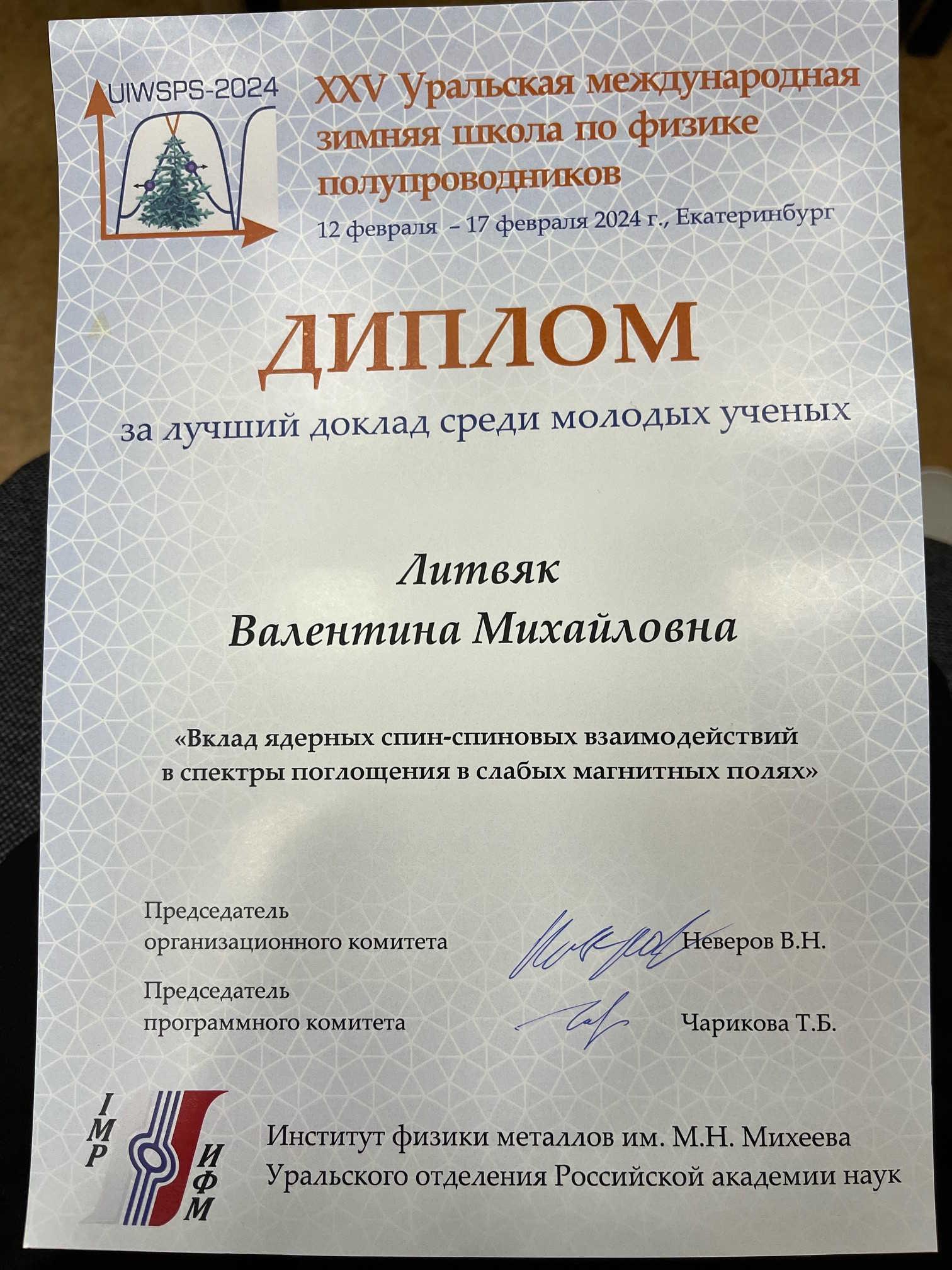
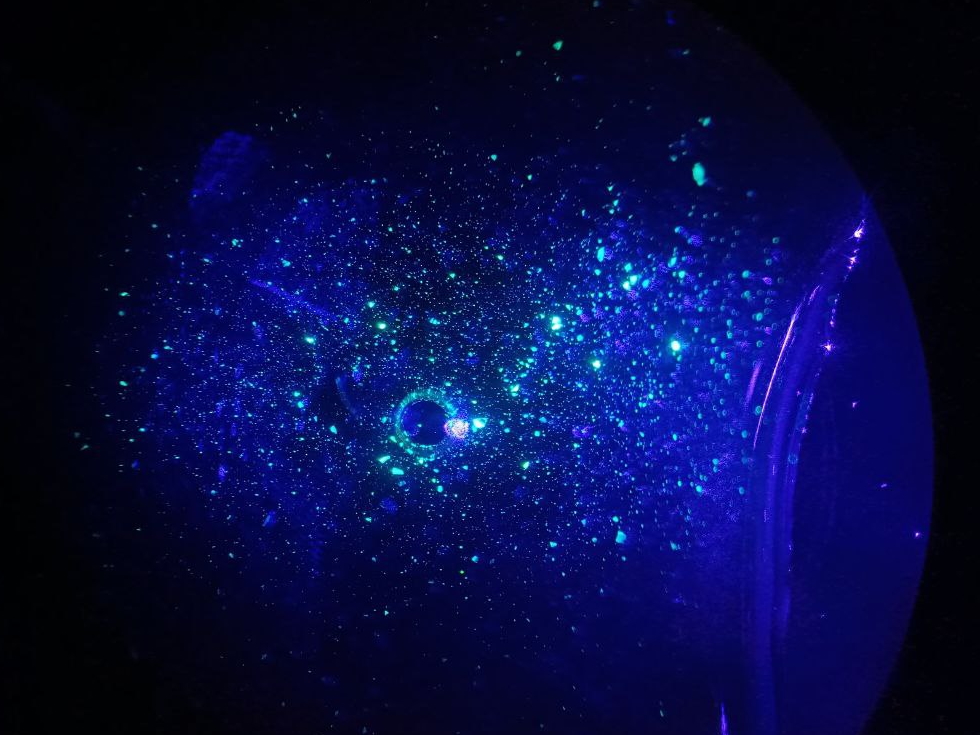
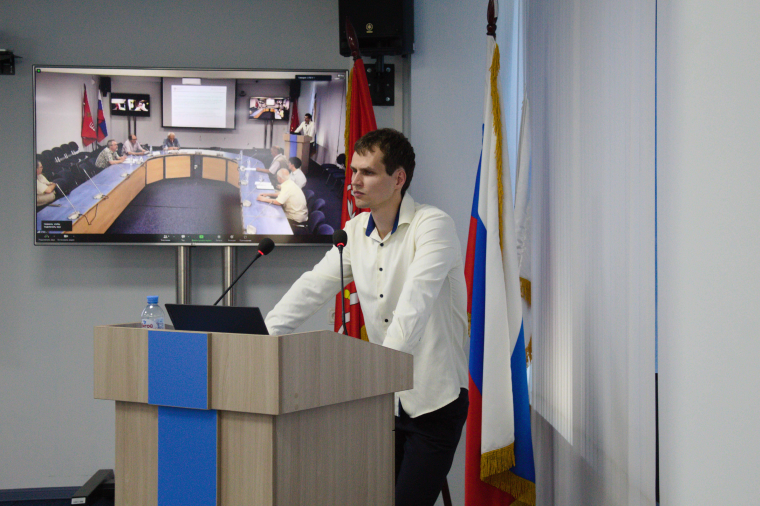
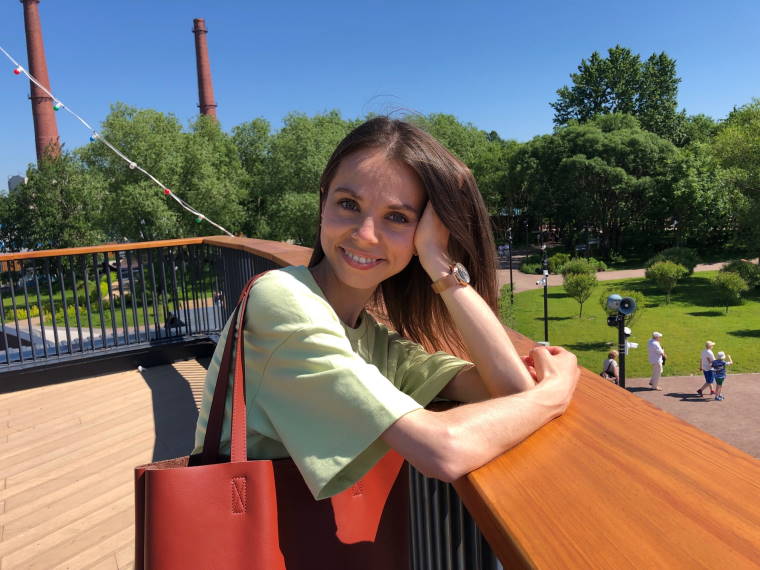
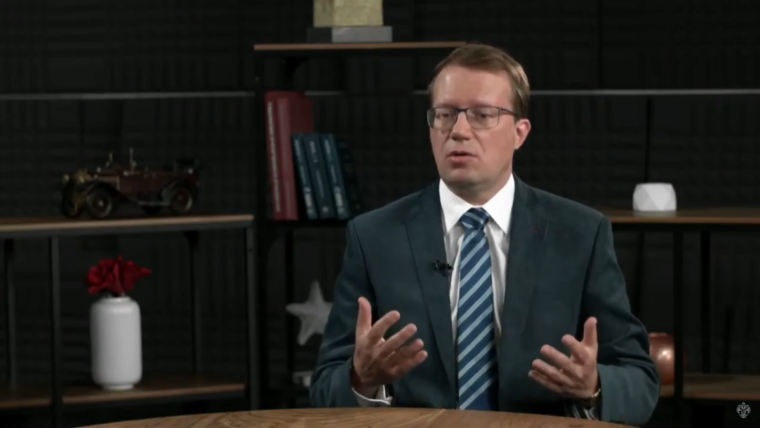
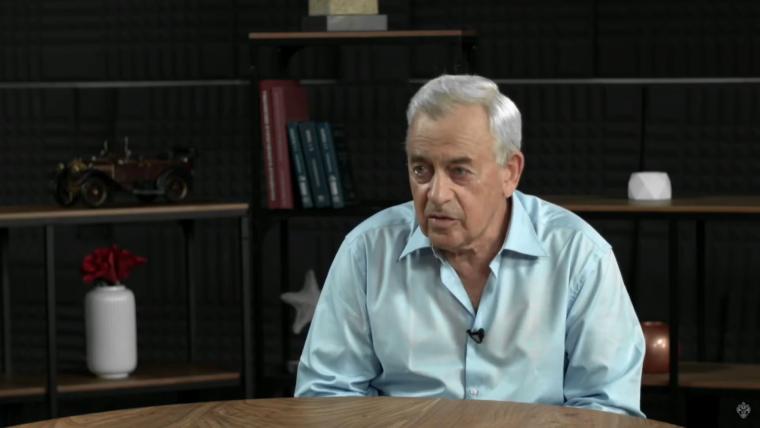
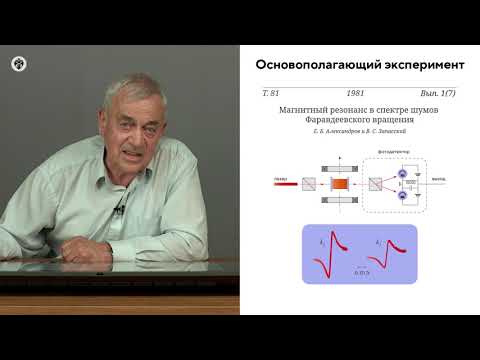

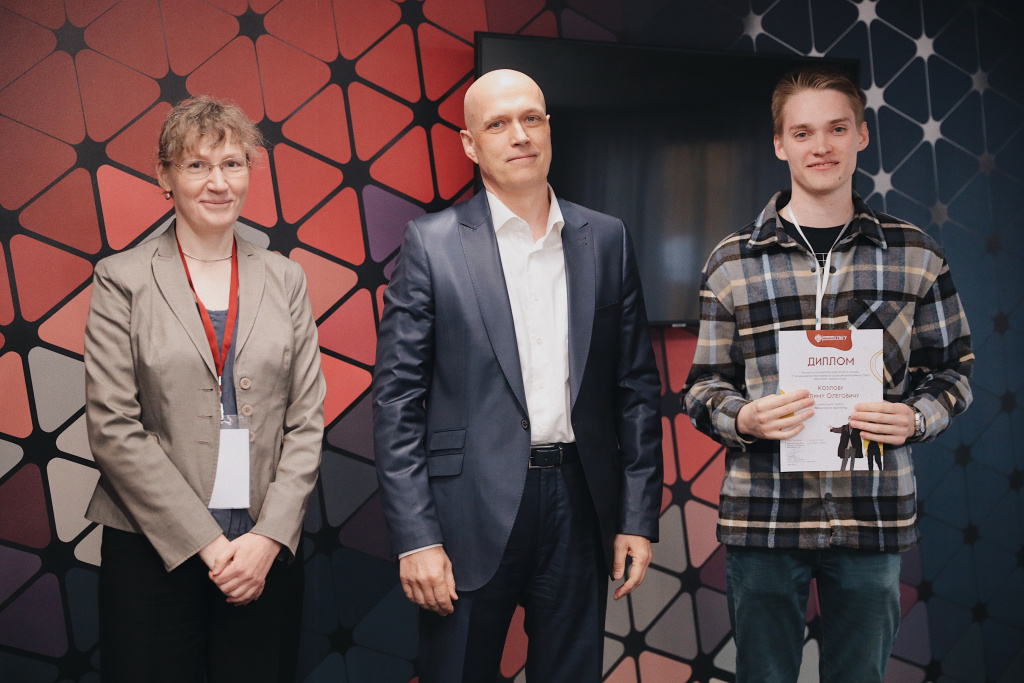

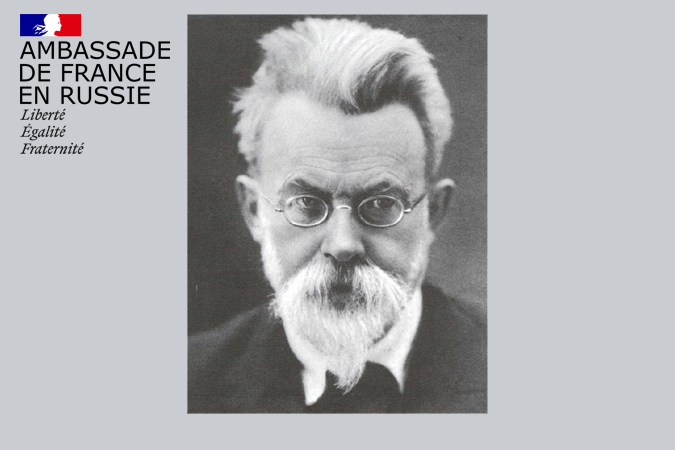
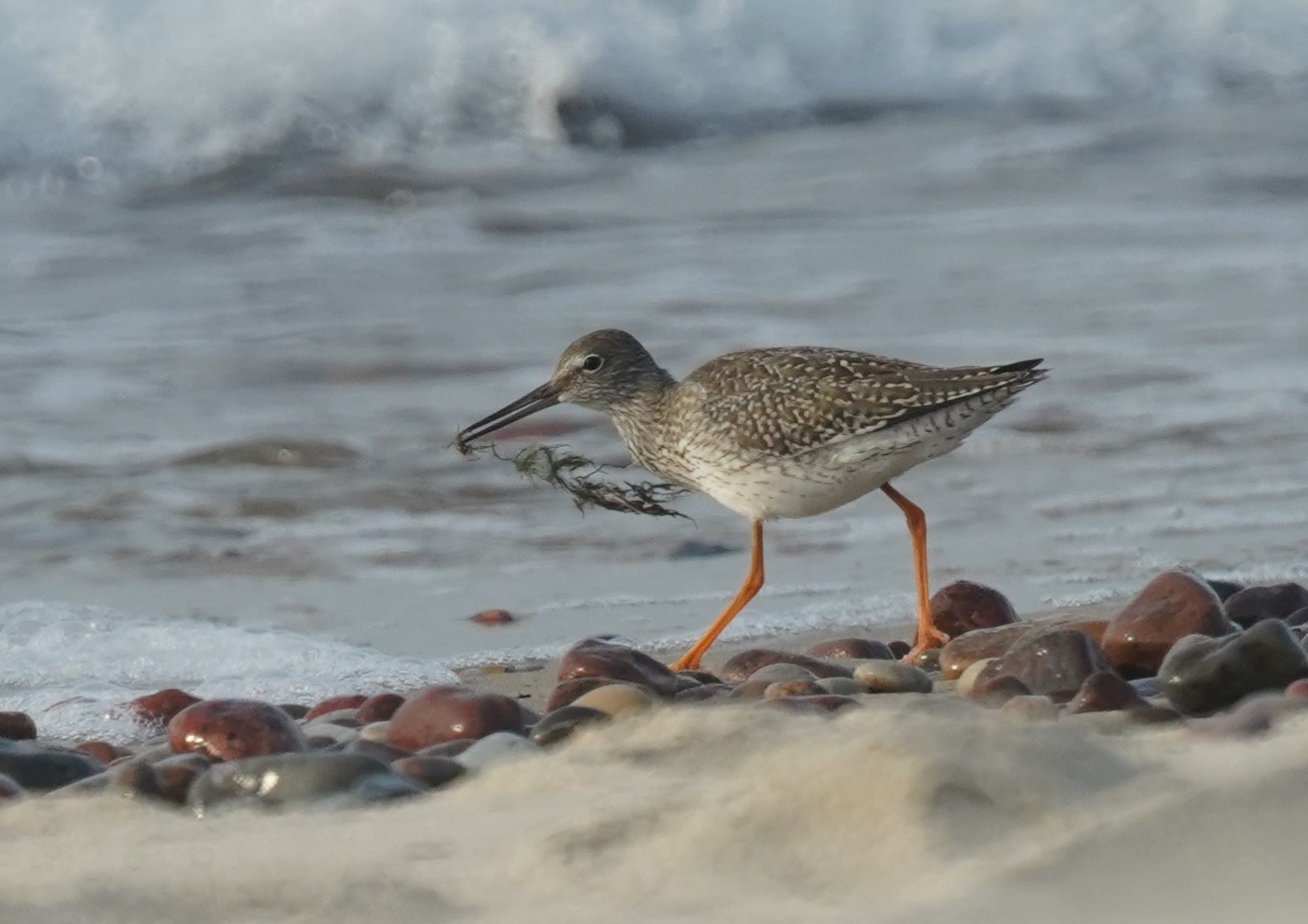
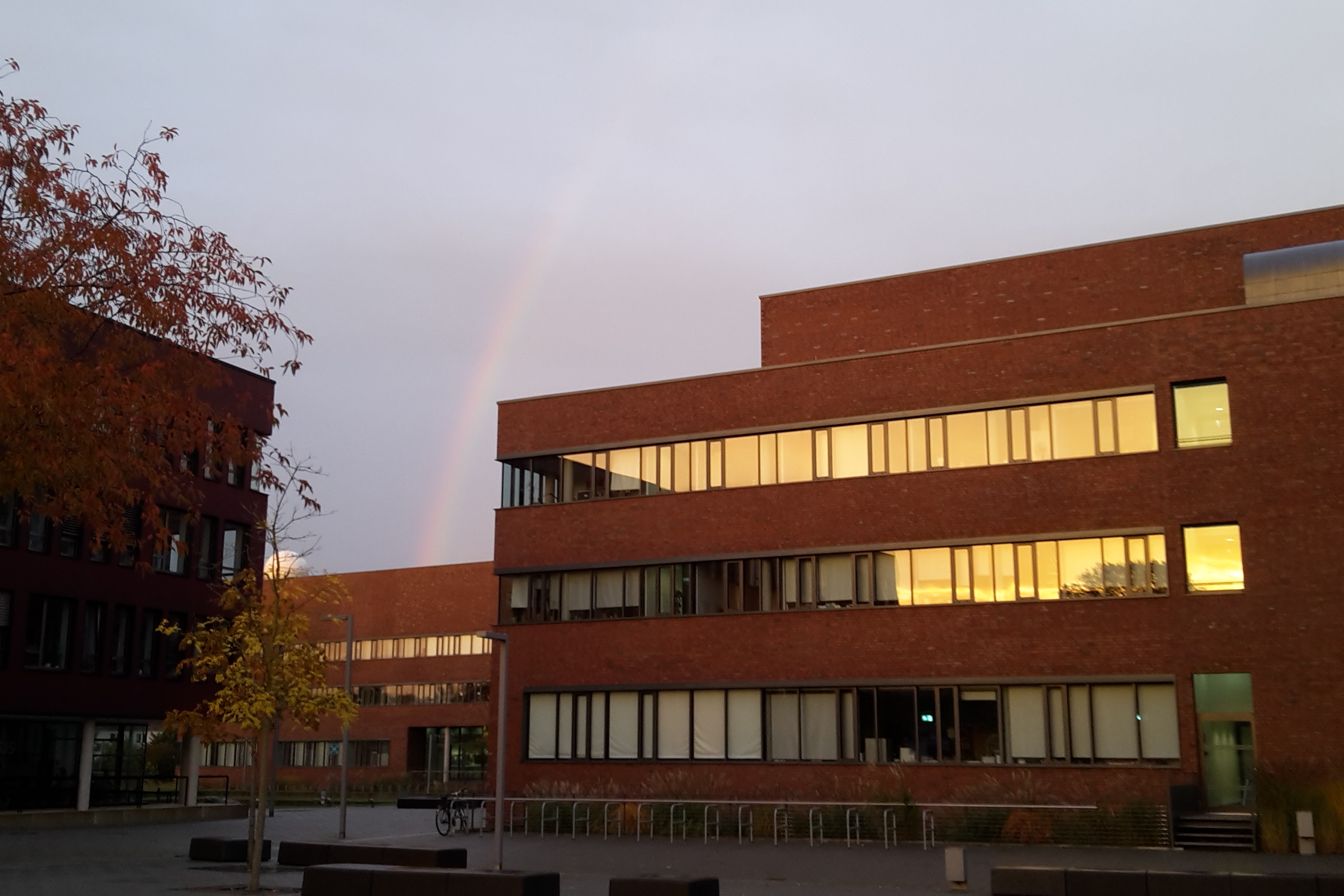
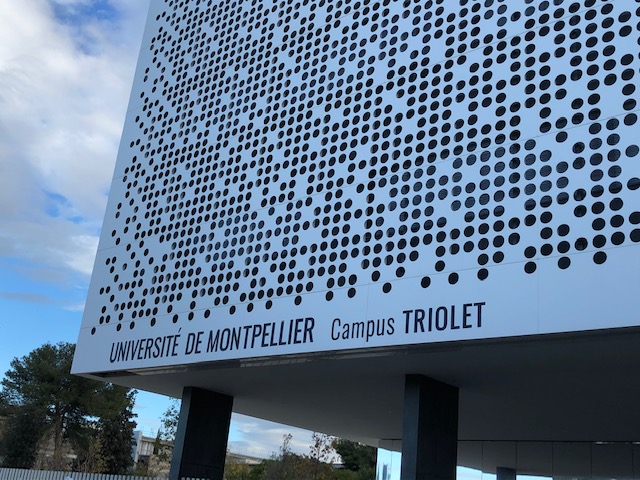
 English (United Kingdom)
English (United Kingdom)  Russian (Russia)
Russian (Russia)